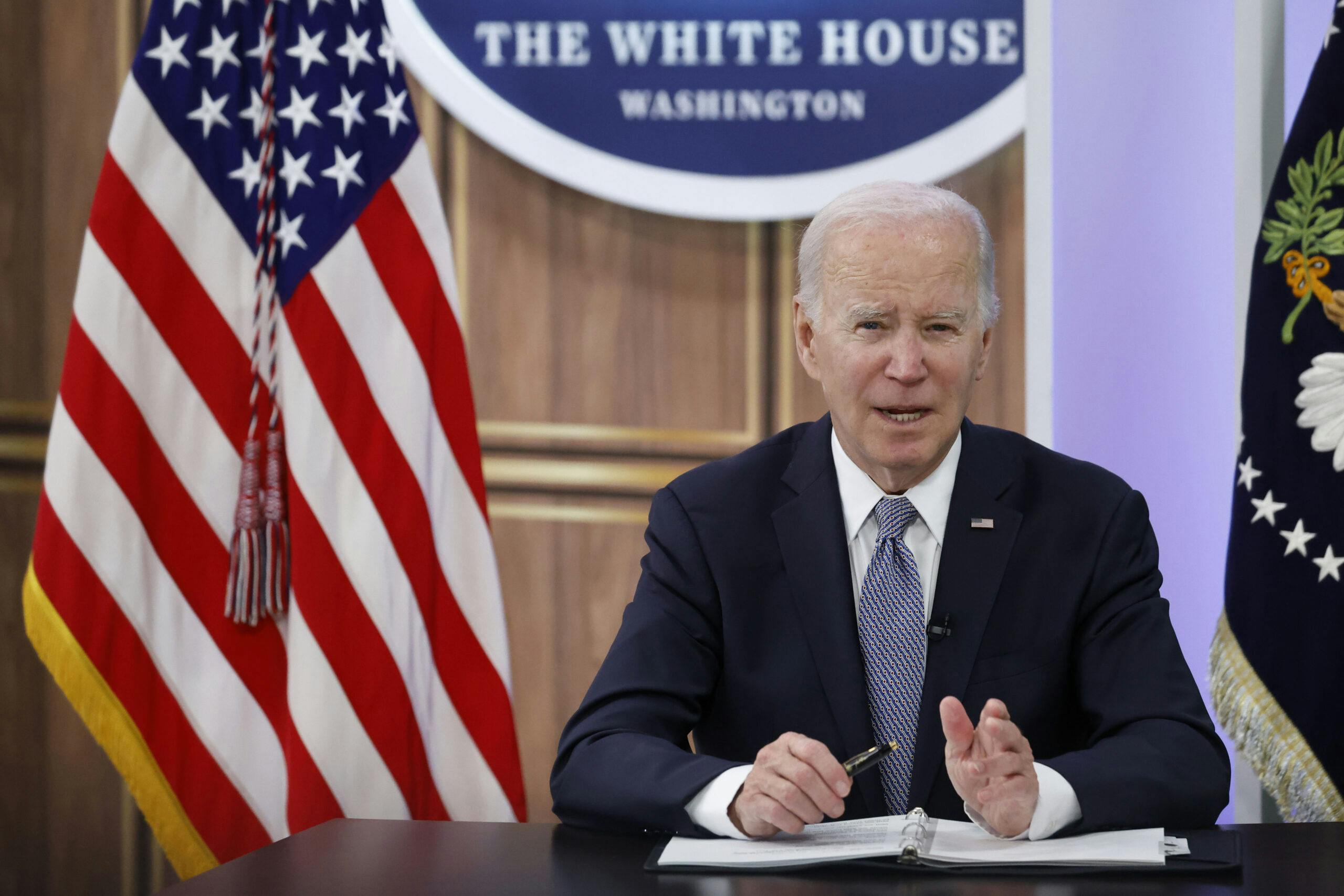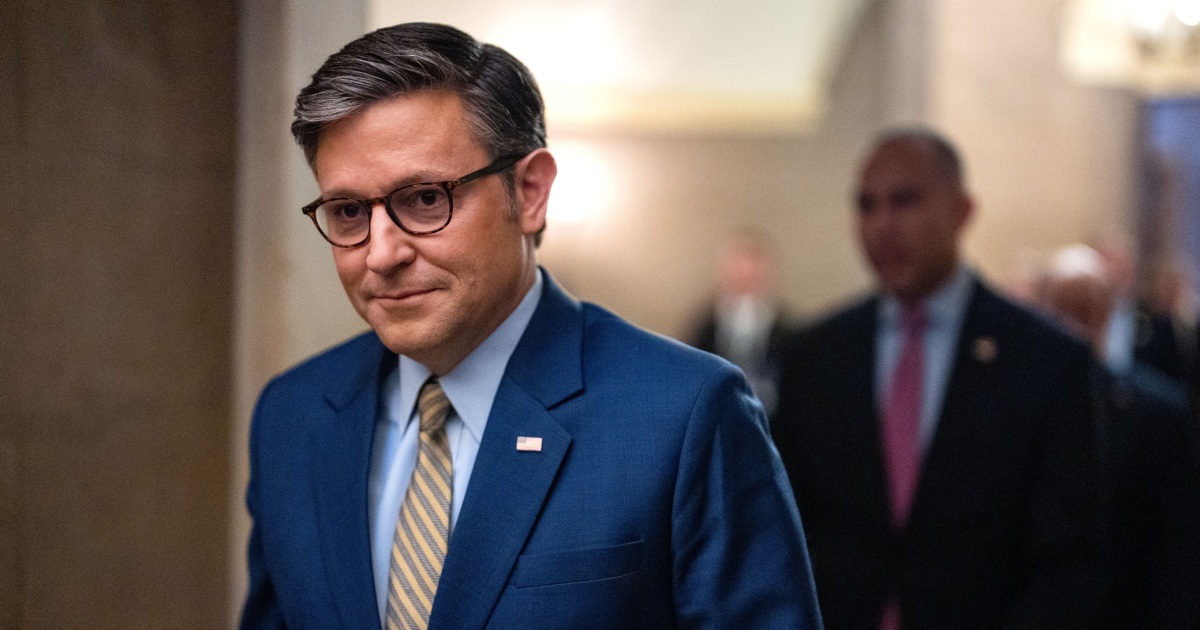Biden draws first red line in debt ceiling negotiations with one law as untouchable

The President Joe Biden has drawn a line that he won’t cross during the debt ceiling talks. He is telling House Speaker Kevin McCarthy, R-CA and other Republican leaders to leave changes to the Inflation Reduction Act off the table.
Since its passage in August, Republicans and some Democrats have been looking at the law as something that should be cut. The law made historic investments to fight climate change and boost economic growth.
CNN reports that Biden has made it clear to House Republicans now that the debate over the future of the law will not lead to further debt-ceiling negotiations. Biden told McCarthy and other leaders of Congress on Tuesday that the signature bill would not be part of negotiations. On Wednesday, his aides discussed removing the Inflation Reduction Act as well as several other provisions of the GOP spending bill passed by the House at end April.
The Republicans’ bill also includes provisions to roll back student loans, SNAP, and Medicaid. Biden first attacked Republicans in his State of the Union Address for their desire to cut Medicare and Medicaid. This has become a major issue for Democrats.
|
The White House has been toying with the idea that future spending should be capped, but it would prefer a much shorter time period than the 10-years agreed upon in 2011 during the debt ceiling talks under the former president Barack Obama.
McCarthy’s list included a number of key measures to save money, including canceling Biden’s plan for student loans and reclaiming COVID-19 funds that had not been spent.
Biden and McCarthy met on Tuesday with Senate Minority leader Mitch McConnell, Senate Majority leader Chuck Schumer and House Minority Hakeem Jeffries. Discussions continued into Wednesday with staff from all three leaders meeting for about two hours.
The president may, however, be open to Republicans trying to get back the COVID-19 funds that have not been spent, which amount to less than 80 billion dollars. He also might be willing to pursue reforms in energy permits, which are a top priority for GOP members.
As early as June 1 the United States could default. The clock is ticking on congressional leaders and White House to come to an agreement. The White House staff and the congressional leadership will meet again on Thursday before the leaders arrive at the White House Friday.
The Senate and the House will not be in session simultaneously after May 16. Biden will also be in Japan that day for the G-7 Summit.









No Comments